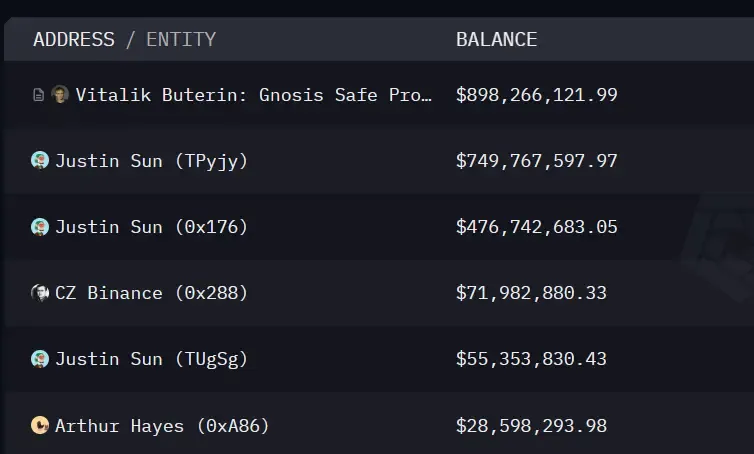🕵️♂️ PSA: Bitcoin Isn’t Anonymous — But Here’s How You Can Still Stay Private
-

A lot of folks are still under the impression that Bitcoin = anonymous. Sorry to burst your bubble — but that’s not true.Bitcoin is pseudonymous, meaning every transaction you make is permanently etched into the blockchain for all eternity. If someone ties your name to your wallet address… they can see everything you’ve ever done with it. Not exactly private, right?
Let’s break it down — and more importantly, let’s talk about what you can do to stay off the radar. 🧵

 So… How Did We End Up Here?
So… How Did We End Up Here?When Satoshi Nakamoto dropped the Bitcoin whitepaper, the idea was to create a decentralized, anonymous financial system. And while BTC removed the middlemen (banks), it didn’t quite nail the privacy part.
Why? Because all BTC transactions are public. All of them. Forever.
If someone knows your BTC address, they can plug it into a blockchain explorer and instantly see every coin that’s passed through your wallet. Add some KYC breadcrumbs, and boom — you’ve been de-anonymized.
🧠 Example? Sure.Let’s say Vitalik Buterin wants to send some ETH from one of his public wallets. Everyone watching Arkham, Nansen or DeBank will see it. Instantly. And yes, people do monitor his activity.
You can literally look up wallets of famous crypto whales and see their latest moves. Don’t believe it? Check out Arkham’s wallet explorer — it’s terrifyingly powerful.
 The CEX Problem: KYC and Centralized Exposure
The CEX Problem: KYC and Centralized ExposureMany users still prefer centralized exchanges (CEXs) because they’re packed with features — copy trading, staking, passive yield, you name it.
But what do you give up in return?
 Convenience
Convenience
 Privacy
PrivacyThese platforms require full KYC, including passport scans, selfies, proof of address, sometimes even a DNA sample (ok, not yet). Once your info is stored, it's only a matter of time before a leak happens.
Take Binance, for example — yes, even the biggest names get hit. Their user KYC documents have leaked online in the past. It happens. And when it does, scammers are the first to pounce with phishing campaigns and social engineering attacks.
🧱 So What Can You Do?If you’re serious about preserving your financial privacy, you have a few options:
Use non-custodial wallets with no KYC Explore privacy coins (like Monero or Zcash) Utilize peer-to-peer swaps or decentralized exchanges (DEXs) Use services or protocols that support anonymous cross-chain swapsAnd if you're moving BTC but want a cleaner, more private slate… consider swapping it into another asset through a privacy-respecting exchange before sending it where it needs to go.
 TL;DR
TL;DRBitcoin is not anonymous — every transaction is public. Once someone links your identity to your wallet, they see everything. Centralized exchanges? Handy but risky — they know everything about you. Privacy isn’t dead, but you have to work for it in crypto. Use the tools. Stay sharp. Don’t doxx yourself by accident.What are your go-to tools for crypto privacy in 2025?
Drop your favorite methods (or horror stories) below. Let’s crowdsource some wisdom.

















